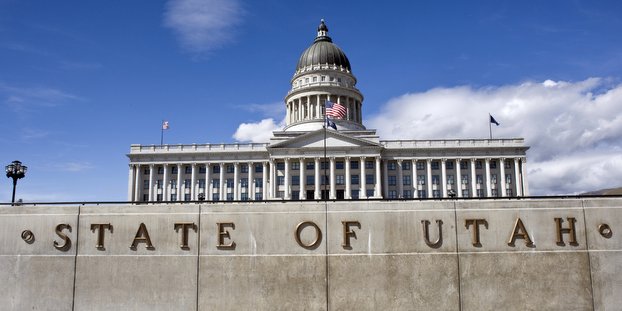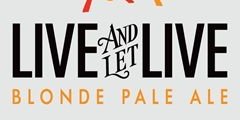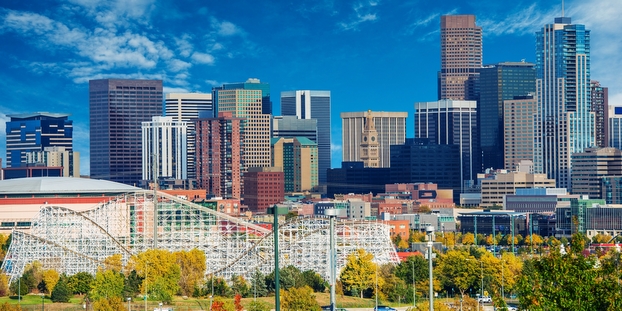
Utah is one of the most conservative states in America when it comes to alcohol. For starters, it’s one of the 18 different alcoholic beverage control states in the United States. A control state means the state has a monopoly over the wholesaling and/or retailing of all or certain categories of alcoholic beverages. Control states range from Ohio to Oregon, but current Utah law sets a limit of 3.2 percent alcohol by weight (4 percent by volume) in beer sold at grocery and convenience stores and at taverns and restaurants. Beer over 4 percent alcohol by volume (ABV) must be sold in state liquor stores and package agencies and at clubs and restaurants licensed to sell liquor.
The amount of beer and wine produced in the state has also been restricted with certain financial disincentives, but according to a recent article in the Salt Lake Tribune, that may be changing.
Utah-based breweries, distilleries and wineries would be allowed to make more of their alcoholic beverage without taking a major financial hit under a bill advancing through the Senate. Under existing law, breweries can make 60,000 barrels (bbls) of beer, distilleries 30,000 gallons of spirits and wineries 20,000 gallons before they lose a break on the required markup on alcoholic beverages.
Bill SB248 is sponsored by Sen. John Valentine, R-Orem, and it raises the thresholds to 100,000 bbls of beer, 60,000 gallons of spirits and 40,000 gallons of wine.
Greg Schirf, president of Wasatch Brewery, said the change will let his operation compete with the conglomerates that have lower production costs. The Senate Business and Labor Committee approved the bill unanimously, as well as another Valentine bill that lets sellers of wine and spirits hold tastings for large buyers at Department of Alcoholic Beverage Control locations before the alcohol is purchased.





RT @CraftBrewingBiz: Utah legislation could help breweries make more beer : Utah-based breweries would be allowed to http://t.co/mrMl9vCHaR